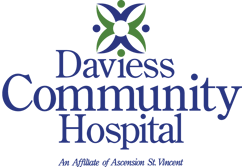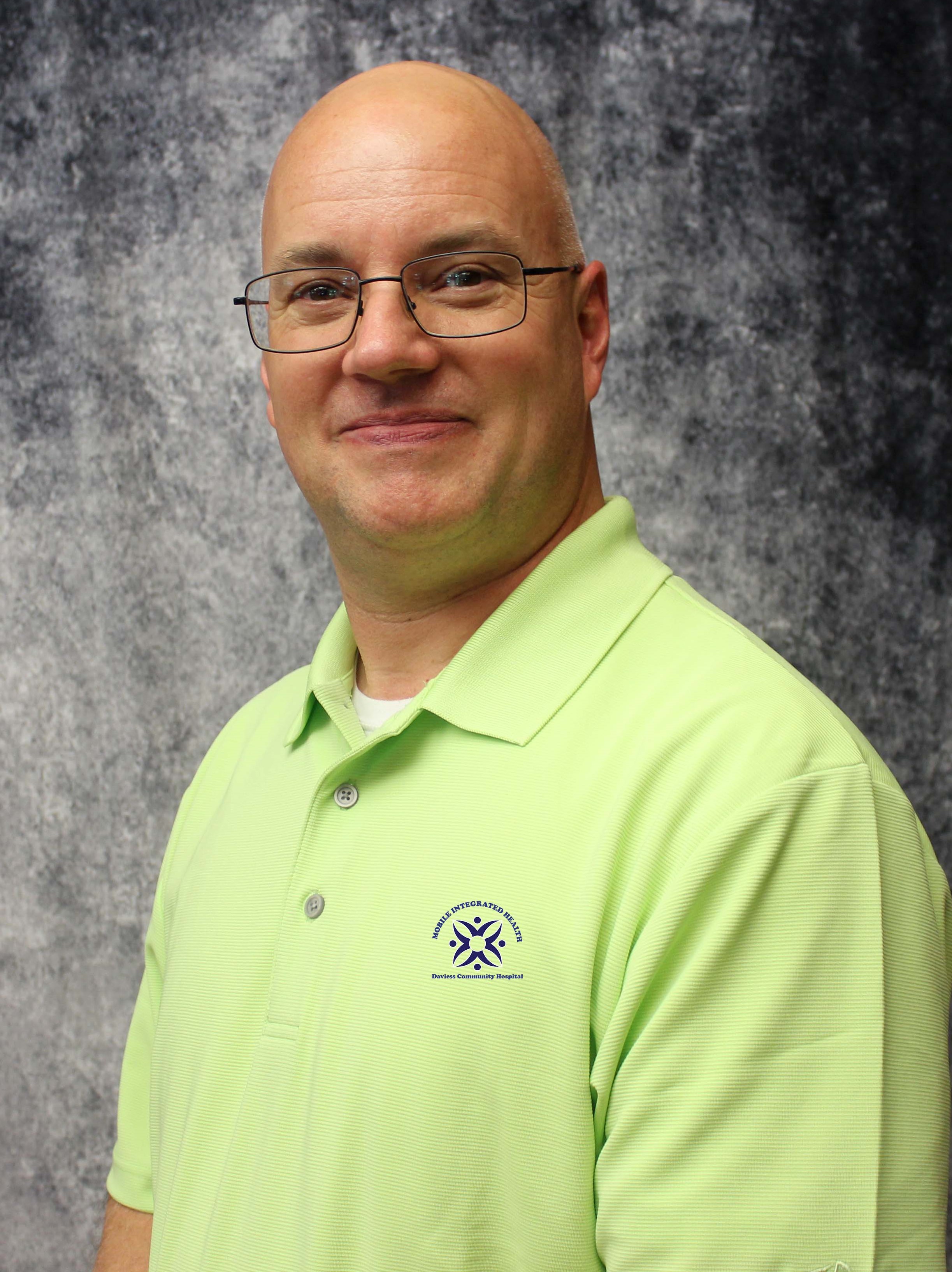
Mobile Integrated Health
Bringing Healthcare to Your Doorstep
Managing your chronic health condition just got easier with Daviess Community Hospital’s Mobile Integrated Health (MIH) program. Our mission is to help you achieve better health right from the comfort of your home. Whether you're managing diabetes, COPD, heart disease, or other long-term conditions, MIH is designed to support you with personalized care that fits your lifestyle.
What is Mobile Integrated Health (MIH)?
The MIH program at Daviess Community Hospital bridges the gap between hospital care and everyday living. We offer in-home healthcare services that help you stay on top of your medical needs, ensuring you have access to the resources, treatment, and education required to manage your condition effectively. Our goal is to improve your health outcomes and quality of life.
How MIH Can Help You?
When managing a chronic illness, it's important to have the right support. Our MIH team, led by a Community Paramedic, provides comprehensive services directly to your home to ensure you're receiving the care you need, when and where you need it. These services include:
- Health Assessments: Regular checks of your vitals, blood pressure, glucose levels, and lab work to monitor your health status.
- On-Site Treatment: Wound care, medication management, and support to help you understand and stick to your treatment plan.
- Preventative Care: Vaccinations to keep you healthy and safety checks to ensure your home is free from fall hazards.
- Social Support Referrals: Connections to transportation, housing, food assistance, and other community services to support your overall well-being.
Who Can Enroll in MIH?
MIH is available for individuals 18 and older living in Daviess, Martin, Knox, DuBois, or Pike counties who are managing a chronic health condition. Common conditions include diabetes, high blood pressure, heart disease, cancer, and COPD. If you're struggling to keep up with your care plan, MIH could be the right fit for you!
How Does the MIH Program Work?
Every journey with MIH is unique, but our approach is always focused on helping you achieve happiness and good health at home. Here's how our program works:
- Referral or Inquiry: You can be referred by your healthcare provider, or you can reach out to us directly to see if MIH is right for you. Once contacted, our Transitional Care Nurse will assess if you can benefit from the program.
- Personalized Care Plan: Our Community Paramedic collaborates with your healthcare providers to create a personalized care plan tailored to your specific health needs.
- Ongoing Support: For up to 90 days, our team will visit you regularly at home to monitor your progress, provide necessary treatments, and ensure you’re meeting your health goals. We work with you every step of the way to make sure you have what you need to live your best life.
- Program Completion: After 90 days, you’ll “graduate” from the program, but if you need additional support, you can re-enroll for continued care.
Why Choose Daviess Community Hospital’s MIH Program?
- Convenience: We bring healthcare to your home, making it easier to get the care you need without leaving the house.
- Comprehensive Care: MIH covers everything from medical assessments to connecting you with vital community resources.
- Ongoing Support: We ensure you have the tools and knowledge to manage your health independently, empowering you to live healthier and happier.
Start your journey to better health with MIH today! Contact Daviess Community Hospital's Mobile Integrated Health Program at (812) 254-2760, ext. 1361 to learn more or to set up an appointment.


Larry Shots, NRP
Community Paramedic
(812) 254-2760, ext. 1361
